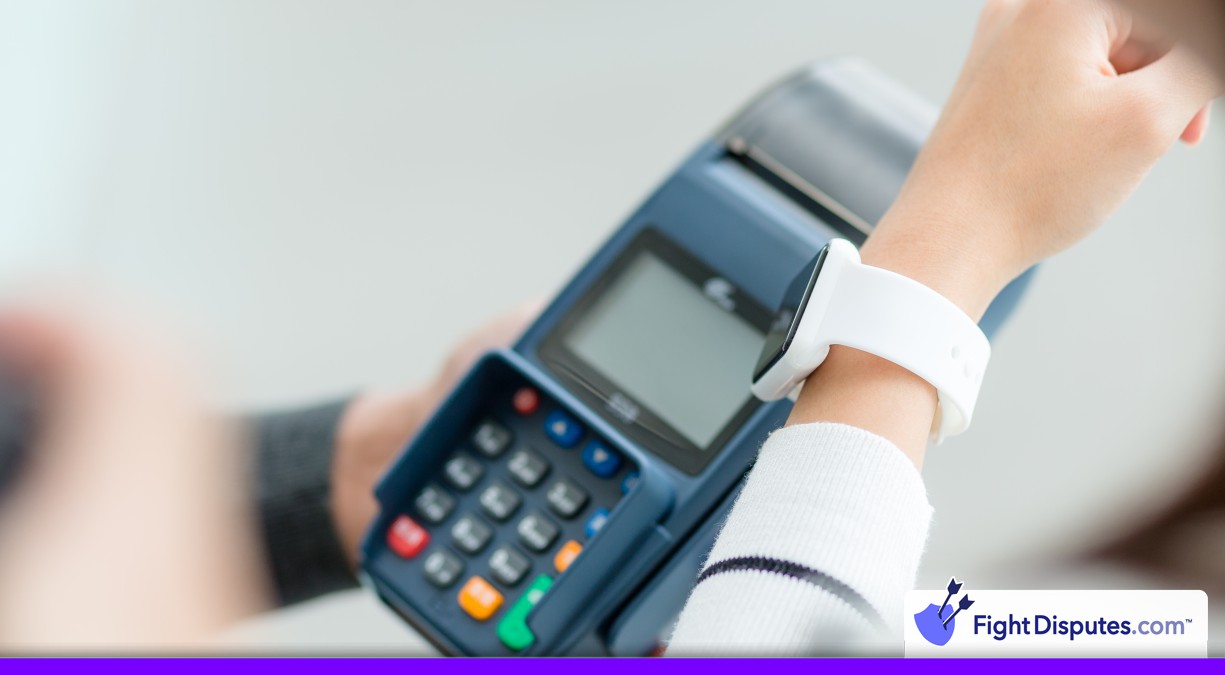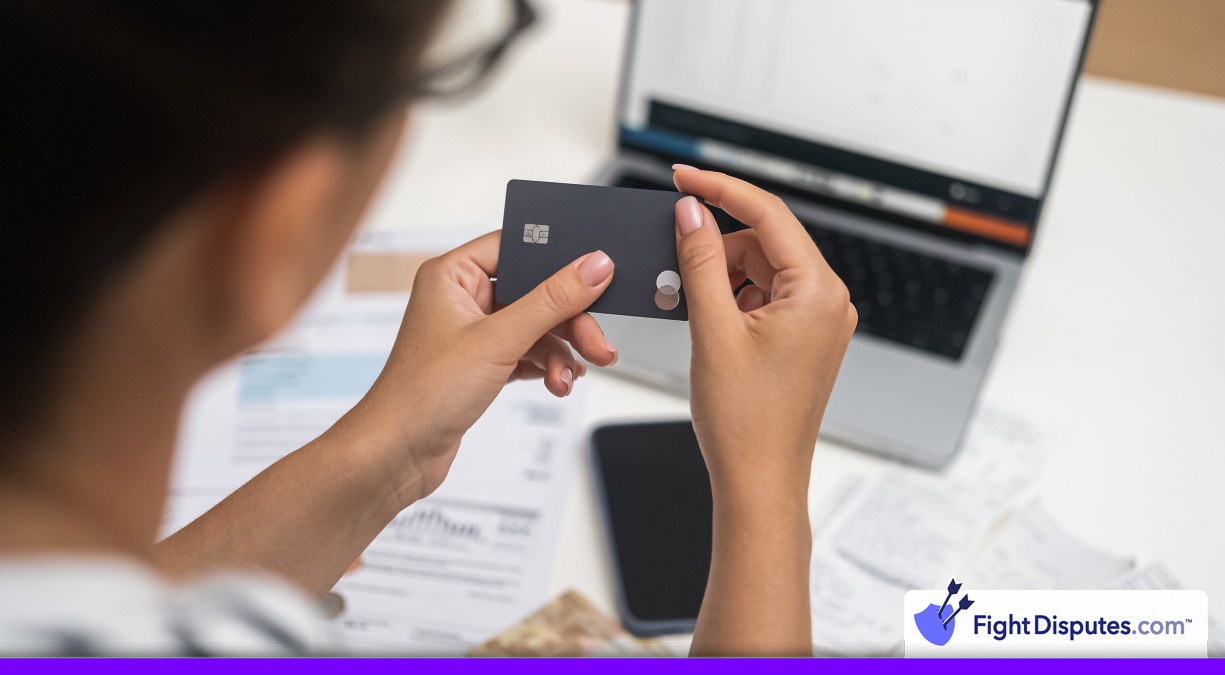CD: Credit/Debit Posted Incorrectly
Credit and debit posting errors can create immediate financial problems and make your customers lose trust in your business fast. Discover’s CD reason code helps sort out these posting errors and protects merchants and cardholders from system glitches and human mistakes.
Most of these disputes actually come from refund processing failures or transaction reversal errors – not from anyone trying to commit fraud. When merchants have legitimate transactions that got posted in the wrong way (maybe the wrong dollar amount or the money went in the wrong direction) they need to manage their defense differently than unauthorized purchase claims. The best strategy is to catch these mistakes early and pull your documentation together immediately so you can turn what looks like a big loss into an easy correction that gets resolved without too many issues.
The dispute process works in a specific way and some evidence works much better than others when merchants need to build up their defense.
How It Works
When a customer sees that their payment went through the wrong way, there are problems ahead. Maybe they expected to pay with their debit card but somehow it processed as credit, or the other way around. Whatever happened, that customer is likely already calling their bank to see what went wrong.
The customer will file a dispute with Discover – that’s when the situation can get tough for merchants like you. They’ll tell their bank that the transaction type was wrong and Discover will take that complaint seriously and launch an investigation. The bank will want to see strong proof that backs up what the customer claims happened during that transaction.
Once Discover accepts the dispute then you’ll receive a notification through your payment processor – this is your one shot to respond and you usually have around 10 days to pull together the evidence you need to make your case. Missing that deadline means that the dispute will automatically go against you. There isn’t much flexibility on this timeline.
Your response has to show how that transaction was processed from start to finish. Discover will want to review your terminal receipts, authorization logs and any signatures or PIN confirmations that were captured during the transaction. The most convincing evidence tends to be your point-of-sale records that show which payment option the customer actually selected at checkout.
What Discover cares about when they review these disputes is whether your equipment was working and whether you followed the correct procedures. Showing that the customer personally chose that payment type themselves puts you in a position to win the case. But if your system automatically defaulted to one payment type without any input from the customer, then you’ll have problems defending that.
How it Affects Chargeback Prevention
The CD code issue doesn’t look like much compared to fraud chargebacks. But each dispute hits your merchant account the same way. Payment processors don’t care much about why customers dispute charges – they just tally up the numbers and then figure out if your business looks too risky for their network.
I see this pattern all of the time with merchants who ignore small billing problems. Their chargeback ratio keeps going up because they’re not fixing the easy mistakes that could have been avoided. Before long they’re in a watch program that comes with higher processing fees and much stricter requirements. What makes this especially frustrating is that CD chargebacks are usually some of the easiest disputes you can avoid.
Think about your customers here. They see an incorrect charge on their statement and immediately start thinking if they can trust your business. Catch those billing errors first and contact them to make it right – you turn the whole situation around. Customers usually like quick refunds along with honest plain communication – and this usually turns a bad situation into one that actually makes them more loyal.
The numbers show this too – each chargeback usually costs merchants anywhere from $20 to $100 just in processing fees. That doesn’t include the lost merchandise, shipping costs or the time spent fighting the dispute. Compare that with the few minutes you need to double-check transaction info and issue refunds – the choice is obvious.
Merchants know that every transaction deserves attention because payment processors always watch those chargeback ratios.
Example Scenarios
These situations can go wrong pretty fast. When clothing stores process returns for damaged items worth $85, customer service reps usually rush through returns at the end of busy days and accidentally enter $58 instead of the full amount before submitting. Two weeks pass and customers see the discrepancy on their statements and file chargebacks. Merchants end up with CD code disputes that could have been avoided with one quick double-check before processing the refund.
The subscription software world has its own version of this problem. When businesses choose to change their billing cycle from the 1st to the 15th of each month they sometimes accidentally charge all customers twice in March during the transition – once on March 1st for $49 and again on March 15th for the same amount. Customers see those duplicate charges and immediately contact their banks to dispute the transactions. Businesses should have warned customers ahead of time and skipped one billing cycle altogether to avoid the overlap. Instead they face multiple chargeback disputes.
Restaurant transactions create their own problems. When servers need to reverse a $127 charge but accidentally reverse $172 from a different table’s bill, the first customer still sees their original charge, and the second customer gets a refund they never asked for. These situations can trigger CD chargebacks, so restaurants need to verify each transaction ID and the exact amount before processing any reversal. These mistakes happen in seconds but can take months to resolve once the chargeback process begins.
Requirements and Timeframes
Once a cardholder files a dispute with the CD code you’re on the clock. Discover will give you about 10 days to put together your response after they send you that chargeback notification. Missing that deadline means the dispute is over and you’ve lost it right away. There’s no flexibility on this one.
Cardholders get a much longer window to file their dispute in the first place. They have up to 120 days from the original transaction date to claim something went wrong. That means you could get hit with a chargeback for a sale that happened 4 months ago. That wide window can create problems when you aren’t keeping your records organized.
Your response has to be backed up with records to have any chance of winning. Transaction receipts are just the starting point – that’s not nearly enough. Any emails or messages that you exchanged with the customer should be included as well. Did you process a refund at some point? Make sure to add that confirmation too. The more evidence you can get together the better your odds are.
It can get a bit more challenging when Discover asks for more information through what’s called a retrieval request before they process the chargeback – this might buy you a couple of extra days to collect everything you need. Don’t count on these extensions though – always treat each deadline like it’s final.
Keep your records in order as transactions are happening. Set up a system to track the important dates and your documents somewhere you’ll find them fast. Then when a chargeback lands in your inbox you can respond immediately instead of digging through old receipts and emails.
Frequently Asked Questions
How is reason code CD different from fraud-related chargebacks?
CD chargebacks aren't fraud cases. The customer actually bought the item and they're usually reasonable about it. What they're saying is that you charged them the wrong amount or maybe you credited their account instead of debiting it - something along those lines. CD disputes are usually easier to fight than fraud claims because nobody's questioning if the transaction even happened.
The key to winning these disputes is showing that you handled everything correctly from start to finish. Show the signed receipts that match the amount you charged down to the penny. Any refunds you issued need proof that they went through. Any emails or text messages where the customer agreed to that exact amount can strengthen your case. Your payment system logs are helpful too because they show in detail what happened behind the scenes during the transaction.
Sometimes your payment processor makes an error and causes a problem on their end. Unfortunately, you're still responsible for the chargeback even if it's not your fault. Keep track of everything about the processor error because you might be able to get that money back from them later and it helps you find these patterns that need to be fixed going forward.
The best move is to catch these errors first. Make it a habit of checking your transaction reports and watching for anything that seems off. A charge that should have been processed as a refund will be easy to find if you're paying close attention.
What happens if I don't respond to a CD chargeback?
Every merchant runs into these situations sooner or later and the way you work with them can really change your bottom line. What usually helps the most is learning about the process and what's actually needed.
The main point is that doing something always beats doing nothing - even when the situation looks easy or you think you made an error. Merchants think that if they make a mistake, there's no point in fighting against the dispute. But this thinking costs money. Take the time to send in documentation and explanations. It shows that you're acting honestly and helps keep your relationships with customers strong.
Skip the response and you automatically accept liability for the whole disputed amount along with any extra fees. These disputes add up fast and hurt your merchant account by raising your chargeback ratios and sticking you in watch-list programs that limit how you process payments. Even if you made an error, sending in the right paperwork can cut down on penalties and shows customers that you care about their problems. That goes a long way with your processor and with Discover.
 Call (844) NO-DISPUTES
Call (844) NO-DISPUTES




